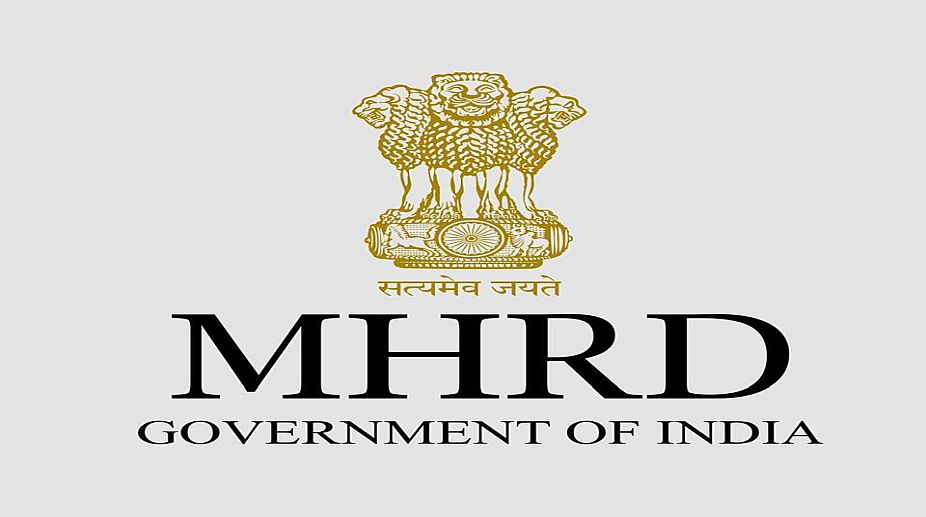The Human Resource Development Ministry has stressed the importance of all seven principles mentioned in a position paper on 'Early Language and Literacy' commissioned by CARE India and USAID last year.
The seven principles, based on the findings of the 2016 position paper commissioned by CARE India and USAID, are: Link oral language to literacy; emphasise independent writing and drawing as forms of expression; develop multilingual capacities; focus on a comprehensive model of instruction; consider literacy instruction as a socio-culturally and socio-politically embedded set of practices; use a gradual release of responsibility model of literacy; and; use good literature to form an integral fabric of classroom pedagogy.
Advertisement
"To make any idea sustainable, it should be politically acceptable, socially desirable, technologically feasible and, most importantly, financially viable. Government can certainly scale up initiatives," MHRD secretary Anil Swarup said in a conference on "Understanding Early Language and Literacy for Children" here on Wednesday.
He said that the government is open to partnerships as we have to work together to spread and replicate any exemplary work. "We have to think innovatively to make a good idea actionable," he said.
The national conference organised by CARE India saw the participation of around 100 people including representatives of the National Council of Educational Research and Training (NCERT), National Council for Teachers Education (NCTE), State Councils of Educational Research and Training (SCERTs), NGOs, corporate partners, and academia research organisations.
"Language is not just a subject. It shouldn't be one. We've been following these principles in our school to help our students with the learning process. We keep in mind how to involve kids into language training though out the day," a Hindi teacher from Bahraich in Uttar Pradesh, Madhulika Chowdhary told IANS during the conference.
She further added that the mother tongue and the language in the textbooks are different. "Hence, we use the various methods to help kids understand the textbook language," she said.
According to USAID Mission Director Mark White, reading is not only the foundation for basic literacy.
"It can greatly increase the number of economic opportunities available. In fact, studies indicate that earnings increase by 10 percent with each additional year of schooling," he said.
"These seven principles that came out of the position paper can help teachers in day-to-day classroom activities. They can help government officials make policies geared towards improving the quality of education in India," he added.
















